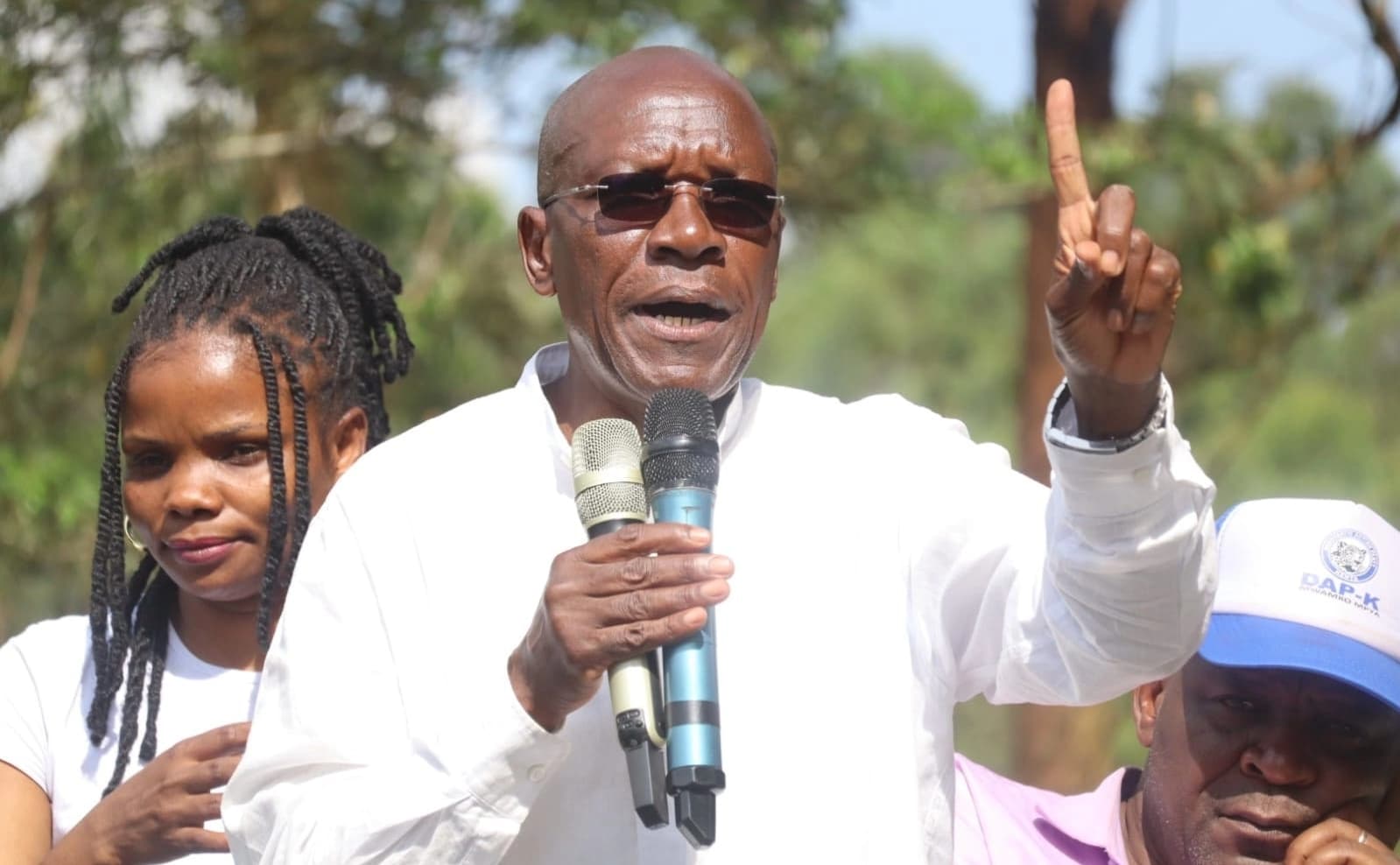We're loading the full news article for you. This includes the article content, images, author information, and related articles.
The dramatic removal of the Senate Majority Whip underscores deep political fissures and tests the limits of parliamentary speech, occurring amid a heated debate on the government's duty to protect Kenyans abroad.

NAIROBI, KENYA – The Kenyan Senate descended into turmoil on Tuesday, 18 November 2025, culminating in the ejection of Kakamega Senator and Majority Whip Boni Khalwale from the chamber. The disciplinary action, ordered by Senate Speaker Amason Kingi, followed Senator Khalwale's failure to substantiate explosive claims that former President Uhuru Kenyatta, not the current administration, had intervened to secure the release of two Kenyan activists detained in Uganda.
The confrontation ignited during a broader, impassioned debate concerning the welfare of Kenyan citizens stranded or facing hardship in foreign countries. Lawmakers had been discussing what they termed the government's “loud silence” and reluctance to intervene when its citizens are mistreated abroad, a debate that has led to the summoning of Foreign Affairs Cabinet Secretary Musalia Mudavadi.
In his contribution, Senator Khalwale drew a direct comparison between the plight of those Kenyans and the case of political activists Bob Njagi and Nicholas Oyoo, who were held in Uganda for 39 days. “It disturbs me that it took the intervention of the former president and not the current president,” Khalwale stated on the floor of the House, directly challenging the effectiveness of President William Ruto's government on the matter.
The remarks immediately drew a sharp rebuke from Nandi Senator Samson Cherargei, who rose on a point of order. Citing Senate Standing Orders, Cherargei challenged Khalwale to provide evidence for his assertion. “We must be stickler of the rules... When the Senator who happens to be the chief whip of the government goes on record and says that the former President intervened... can he provide that evidence before this House?” Cherargei demanded, dismissing the claims as “hearsays from some dens in Ikolomani.”
Speaker Amason Kingi sustained the point of order, repeatedly directing Senator Khalwale to either substantiate his claim “beyond reasonable doubt” or formally withdraw the statement and apologize to the House. However, Khalwale refused to back down, arguing that his statement was protected by his constitutional freedom of speech and that the matter was “obvious” and did not require substantiation. “This habit of giving the impression that this floor offers an opportunity for intimidation of a member during debate actually negates the freedom of speech,” Khalwale countered.
When pressed further by the Speaker, Khalwale opted for silence. Speaker Kingi ruled this was not a permissible option under parliamentary procedure. “If you cannot substantiate, the other option is not to keep quiet… keeping quiet is not an option under our Standing Orders,” Kingi stated firmly. Following Khalwale's continued refusal to comply, the Speaker declared him out of order. “You are choosing to stay silent; therefore, it means you failed to substantiate, and the natural consequence will flow... I will rule you out of order and ask you to leave the chamber for the remainder of today's sitting,” Kingi ordered.
The two activists at the center of the controversy, Bob Njagi and Nick Oyoo, were reportedly held incommunicado by Ugandan military special forces for 39 days before their release. While Senator Khalwale failed to provide evidence on the Senate floor, his claims echo previous public statements from civil society groups. Following the activists' release, organizations including Amnesty International and the Free Kenya Movement had indicated that their freedom followed high-level negotiations, with some explicitly crediting former President Kenyatta for his intervention.
The incident highlights a persistent tension within the ruling coalition and illustrates the long political shadow of the former administration. The ejection of a Majority Whip for criticizing his own government's perceived inaction compared to its predecessor points to significant political undercurrents. It also serves as a stark enforcement of parliamentary rules, which are designed to prevent the chamber from being used to air unsubstantiated allegations, balancing the constitutional right to freedom of speech for legislators with the need for factual, evidence-based debate.
Keep the conversation in one place—threads here stay linked to the story and in the forums.
Sign in to start a discussion
Start a conversation about this story and keep it linked here.
Other hot threads
E-sports and Gaming Community in Kenya
Active 9 months ago
The Role of Technology in Modern Agriculture (AgriTech)
Active 9 months ago
Popular Recreational Activities Across Counties
Active 9 months ago
Investing in Youth Sports Development Programs
Active 9 months ago
Key figures and persons of interest featured in this article